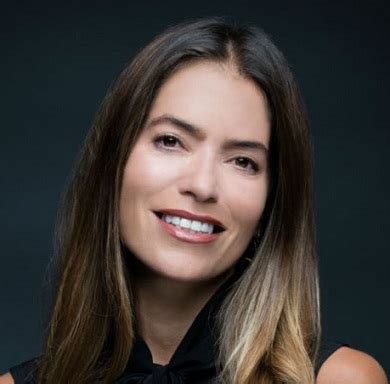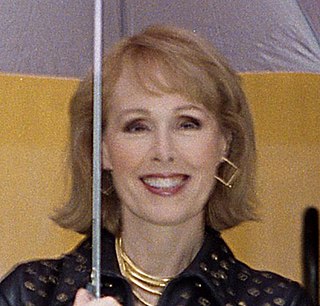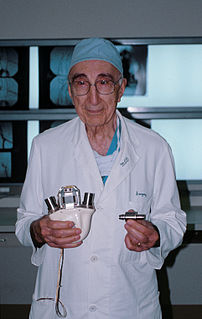A Quote by Fannie Lou Hamer
Whether you have a Ph.D., or no D, we're in this bag together. And whether you're from Morehouse or Nohouse, we're still in this bag together. Not to fight to try to liberate ourselves from the men - this is another trick to get us fighting among ourselves - but to work together with the black man, then we will have a better chance to just act as human beings, and to be treated as human beings in our sick society.
Related Quotes
The true test of the American ideal is whether we're able to recognize our failings and then rise together to meet the challenges of our time. Whether we allow ourselves to be shaped by events and history, or whether we act to shape them. Whether chance of birth or circumstance decides life's big winners and losers, or whether we build a community where, at the very least, everyone has a chance to work hard, get ahead, and reach their dreams.
What is important is to realize that whether we understand fully who we are or what will happen when we die, it's our purpose to grow as human beings, to look within ourselves, to find and build upon that source of peace and understanding and strength that is our individual self. And then to reach out to others with love and acceptance and patient guidance in the hope of what we may become together.
We've been fighting our whole lives to say we're just human beings like everyone else. When we start separating ourselves in our work, that doesn't help the cause. I've heard it for years: 'How do you feel being a black filmmaker?' I'm not a black filmmaker, I'm a filmmaker. I'm a black man, I have black children. But I'm just a filmmaker.
If we could but recognize our common humanity, that we do belong together, that our destinies are bound up in one another's, that we can be free only together, that we can be human only together, then a glorious world would come into being where all of us lived harmoniously together as members of one family, the human family.
And people who believe in God think God has put human beings on earth because they think human beings are the best animal, but human beings are just an animal and they will evolve into another animal, and that animal will be cleverer and it will put human beings into a zoo, like we put chimpanzees and gorillas into a zoo. Or human beings will all catch a disease and die out or they will make too much pollution and kill themselves, and then there will only be insects in the world and they will be the best animal.
All human beings have failings, all human beings have needs and temptations and stresses. Men and women who live together through long years get to know one another's failings; but they also come to know what is worthy of respect and admiration in those they live with and in themselves. If at the end one can say, This man used to the limit the powers that God granted him; he was worthy of love and respect and of the sacrifices of many people, made in order that he might achieve what he deemed to be his task, then that life has been lived well and there are no regrets.
The right to express one's views, practice one's faith, peacefully assemble with others to pursue political or social change - these are all rights to which all human beings are entitled, whether they choose to exercise them in a city square or an Internet chat room. And just as we have worked together since the last century to secure these rights in the material world, we must work together in this century to secure them in cyberspace.
History leaves no doubt that among of the most regrettable crimes committed by human beings have been committed by those human beings who thought of themselves as civilized. What, we must ask, does our civilization possess that is worth defending? One thing worth defending, I suggest, is the imperative to imagine the lives of beings who are not ourselves and are not like ourselves: animals, plants, gods, spirits, people of other countries, other races, people of the other sex, places and enemies.
All of us share this world for but a brief moment in time. The question is whether we spend that time focused on what pushes us apart, or whether we commit ourselves to an effort -- a sustained effort -- to find common ground, to focus on the future we seek for our children, and to respect the dignity of all human beings.



































